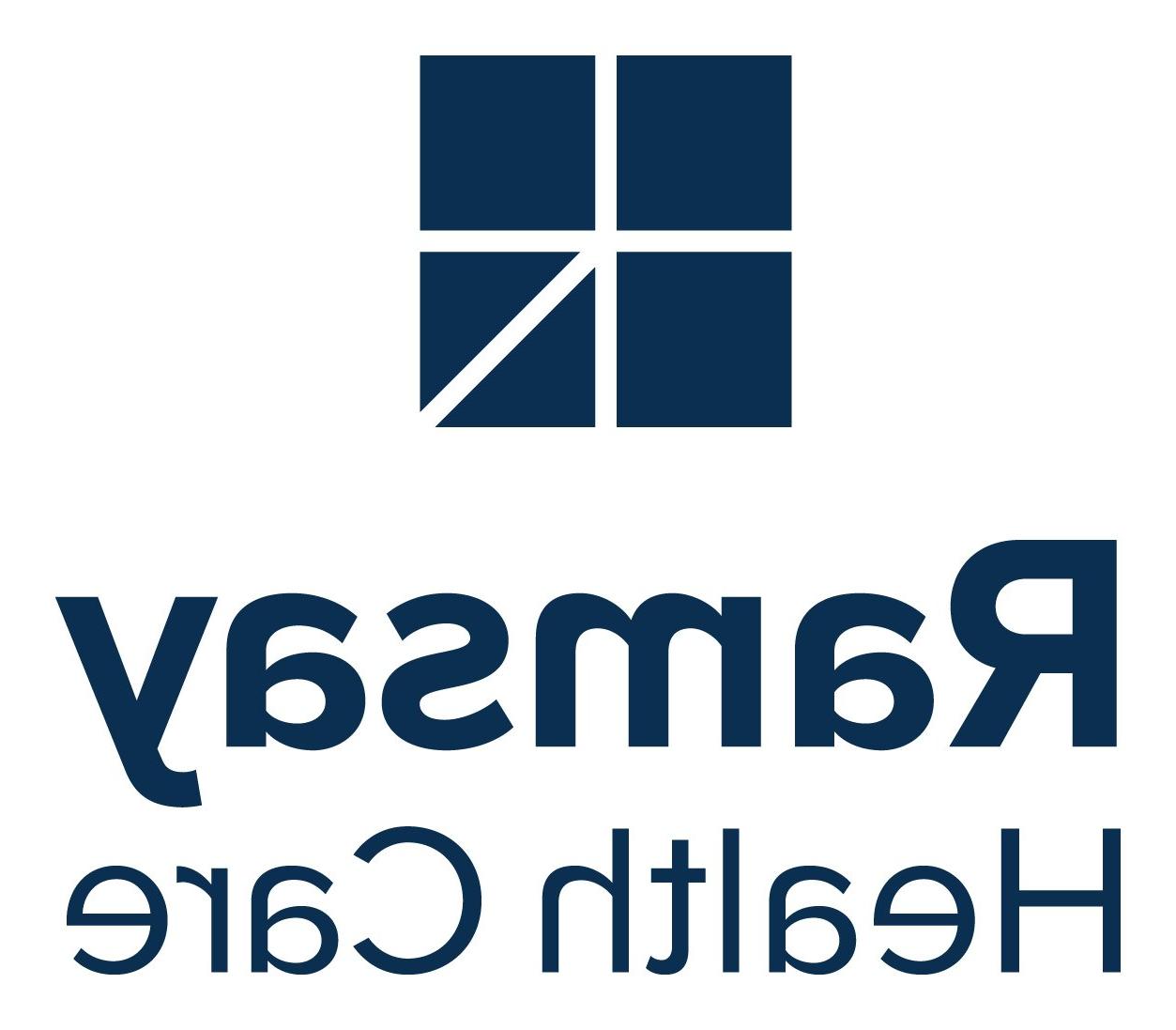Each year, la Sécurité Sociale determines the national fixed fees for pharmaceuticals, primary, specialist, hospital and dental care.
法国的大多数医疗保健服务都是根据诊断相关组(DRG)按服务收费进行报销的。, however this is starting to change.
Both public and private providers are on a fee-for-service rate by the government, calculated by diagnosis, procedure or service. 获得保健服务的病人可由其公共健康保险基金报销国家费用的80%至100%, regardless of whether they access services from a public or private provider. However, private doctors maycharge patients a higher fee than the state-determined rate. Hence, a large proportion of the population (approx. 90%) has additional private health insurance to cover any gap.
Doctors are categorised into three sectors that describe the fee-for-service they charge. 第一类医生收取国家固定费用,患者每次获得服务时将获得该费用的80% -100%的报销. Most GPs are in this category. Sector 2 doctors are approved to charge a higher rate with “reason”. 患者可获得80%至100%的国家固定费用报销,并使用私人健康保险或自费共同支付差额. Most specialists are in this category. Sector 3 doctors have no fee limit. These are usually doctors practising in highly specialised areas of medicine.
医院收费(公立和私立)由中央政府按每位患者的固定费率(基于DRG)确定,以支付临床设施的固定费用, administration, nursing care and hotel services. 公立医院也按每个病人(按DRG)支付费用,但比私立医院高20%. 公立医院还获得额外的专项资金,用于与提供个人保健服务没有直接关系的活动, such as research and training.
如果病人选择使用私人房间或额外的酒店服务,私立医院会向他们收取额外费用, and this is usually covered by the patient’s private health insurance or self-funded. 私立医院还将从专科医生那里获得额外收入,专科医生向医院支付使用其设施的费用(即. theatres, consulting rooms) and for the provision of administrative services. 这是商定的费率,根据专科医生收入的百分比和他们从医院获得的额外服务水平(如咨询室)确定, administrative support etc.).
Mental health
国家政府已经引进了一种基于价值的模式,在这种模式中,医疗保健提供者根据他们为患者提供的价值获得补偿, rather than the volume of services they provide.
心理健康服务(2022年起)和康复服务(2023年起)采用按日收费的分层收费结构, 人口分配(基于该地区的社会经济地位和患者的敏锐度)和质量结果(报告的患者临床结果和经验).



